Production of recombinant adeno-associated virus vectors using microcarrier culture of HEK293T cells
The study conducted by Yongfa Lan, HaiRui Yang, and QingRui You from Obio Technology, commissioned by Cytiva, presents a comprehensive comparison of producing adeno-associated virus (AAV) using different cell culture methods, specifically focusing on the use of microcarriers versus traditional flask culture and suspension cells. Utilizing HEK293T cells, a commonly used cell line in biotechnological research, the study aimed to evaluate the effectiveness of these different methods in terms of viral yield and scalability
One of the key findings of the study is the remarkable efficiency of microcarrier culture in producing AAV. The results indicated that using microcarriers can lead to a yield that is 3.2 times higher than that achieved with suspension culture. This significant increase in yield underscores the potential of microcarriers in enhancing the production capabilities of laboratories and production facilities.
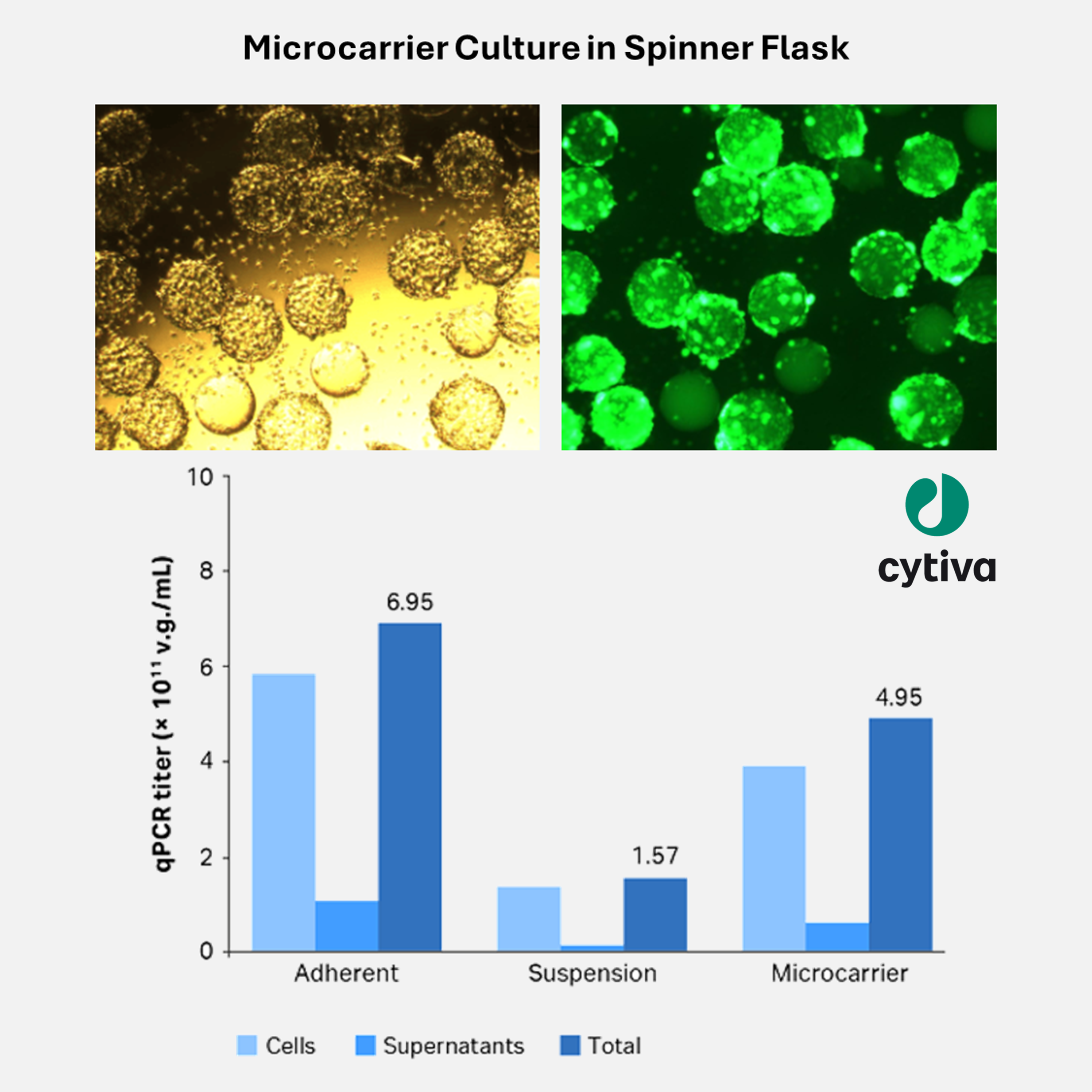
The superiority of microcarriers in this context can be attributed to several factors. Microcarriers provide a large surface area for cell growth in a relatively small volume, facilitating the growth of a higher number of cells in a given space. This is particularly advantageous for the production of viruses like AAV, where the yield is closely linked to the number of viable cells. Furthermore, the microcarrier system allows for easier scalability compared to traditional flask cultures. The ability to scale up production without a substantial increase in space or equipment requirements is a critical factor for industrial-scale production, making microcarriers a highly attractive option for labs and companies looking to increase their output.
Moreover, the study’s results highlight the potential of microcarriers in maintaining cell health and viability during scaling. This aspect is crucial because the quality of the produced virus directly impacts its efficacy and safety when used in gene therapies.
The findings from Obio Technology’s research, as showcased by Cytiva, are particularly relevant for organizations and researchers interested in upscaling the viral production of adherent cells. The use of microcarriers not only promises higher yields but also ensures a more efficient and scalable process, which is essential in the context of commercial production and clinical applications.
Microcarriers provide an excellent opportunity for labs and biotech companies to enhance their production capacities. By adopting these advanced methods, they can significantly improve the efficiency and scale of their viral production processes.
Are you interested in upscaling viral production of adherent cells? Get in touch with us to learn more about our unique microcarrier offerings.

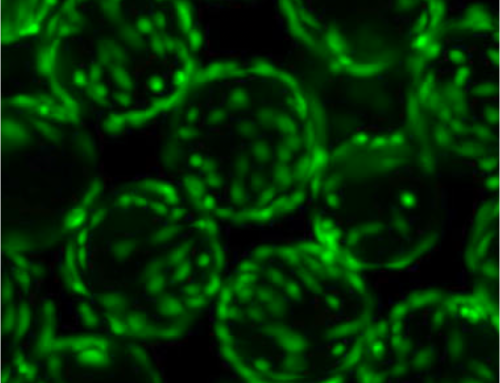
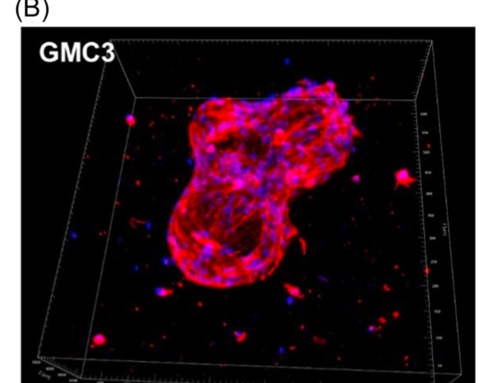
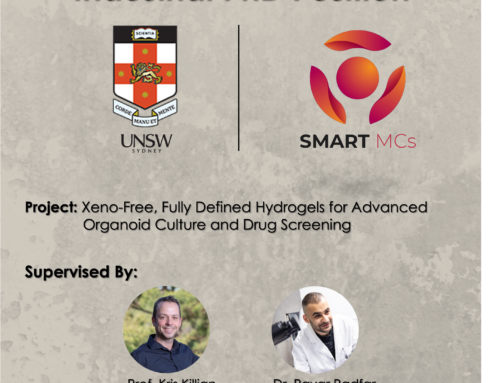
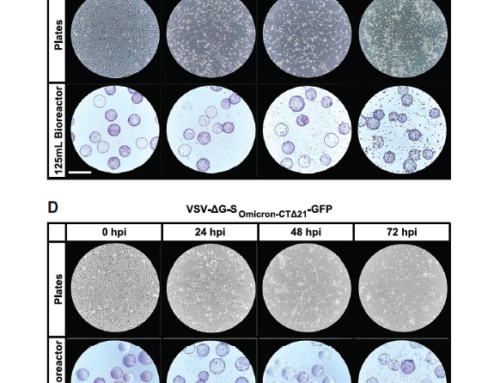

Leave A Comment